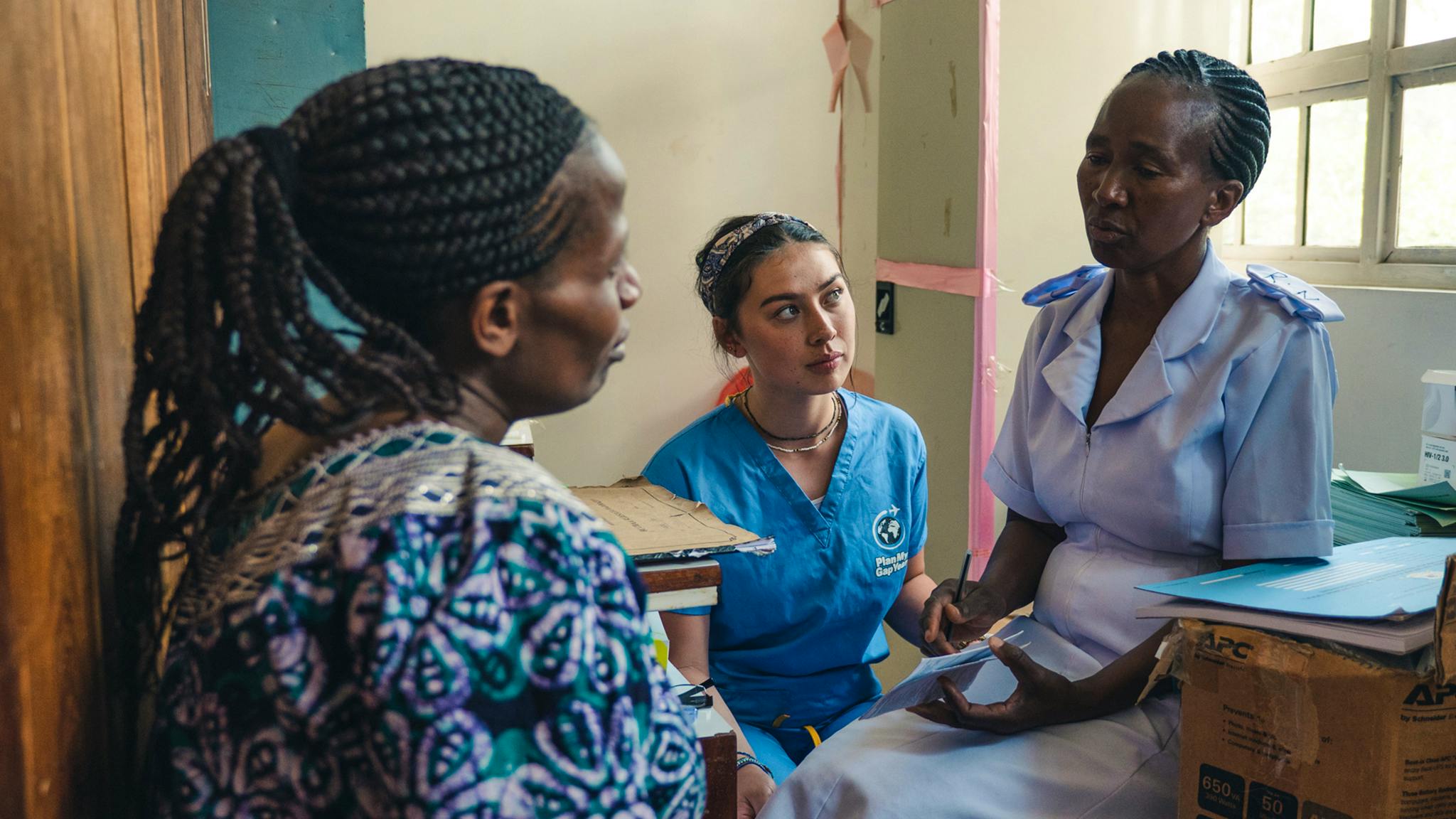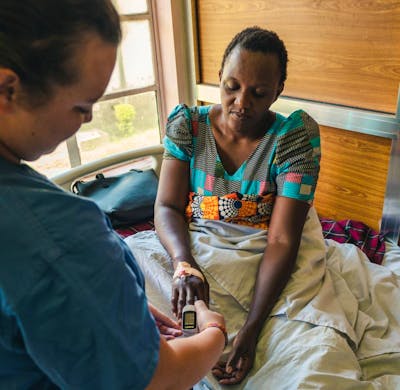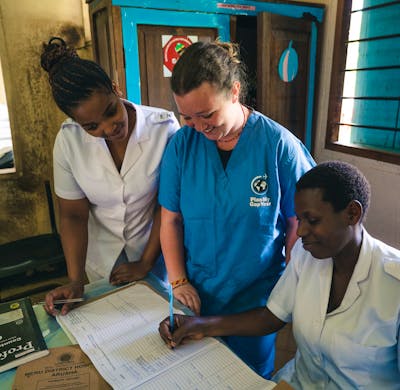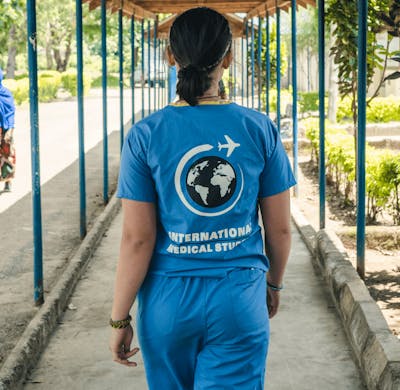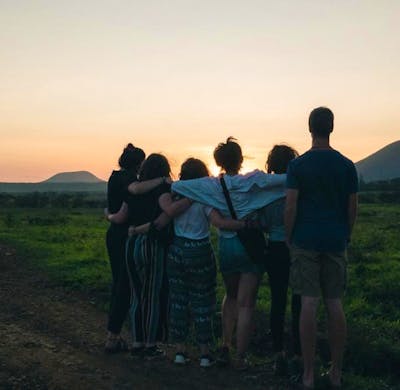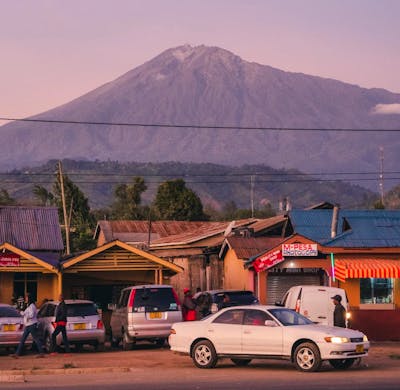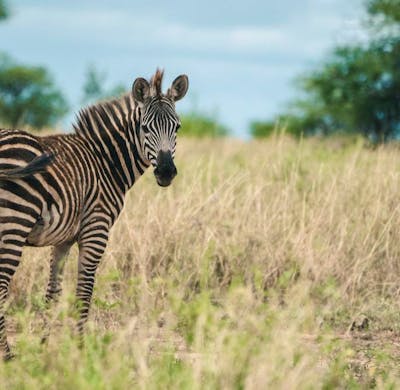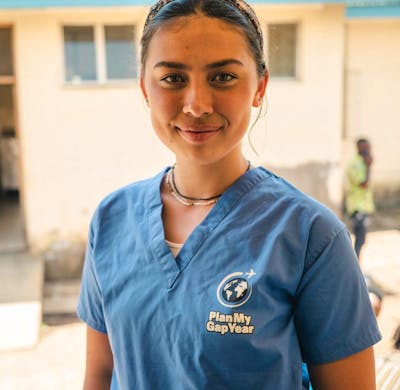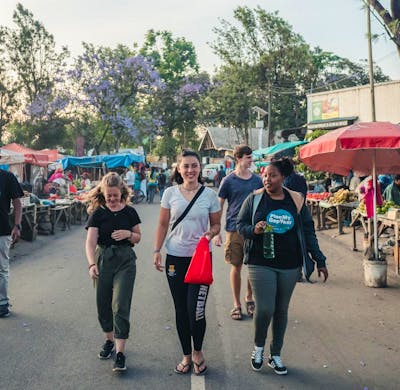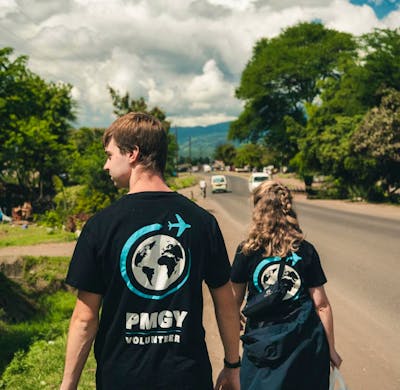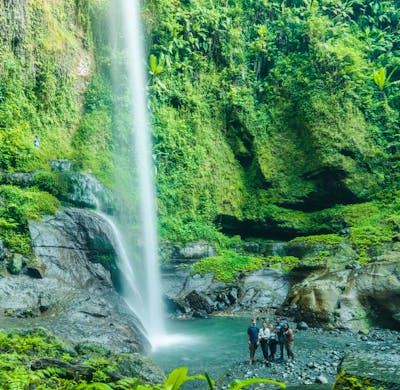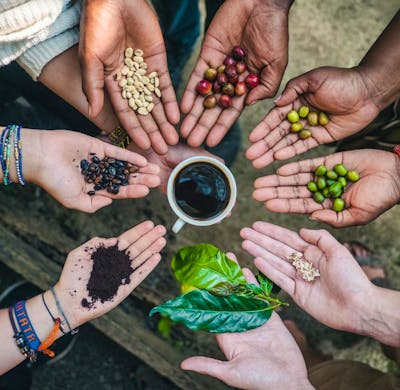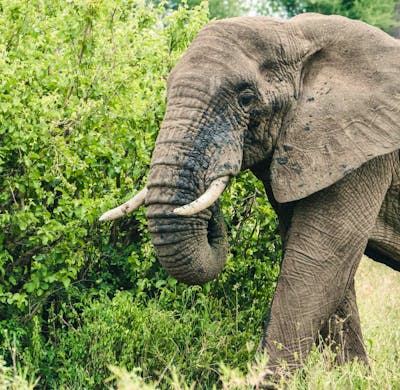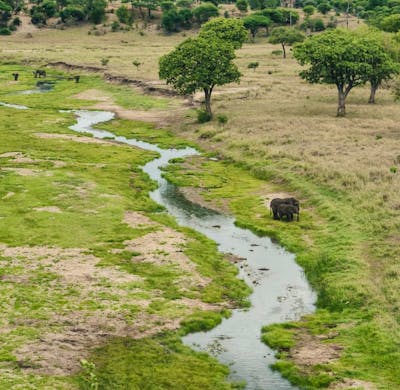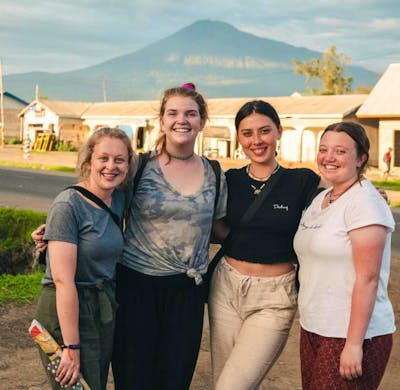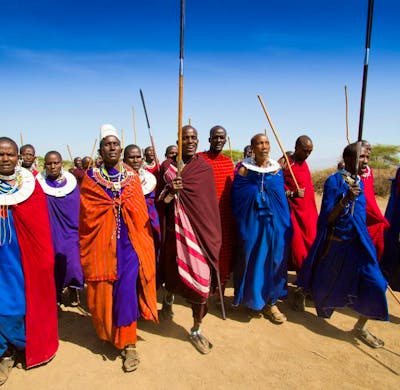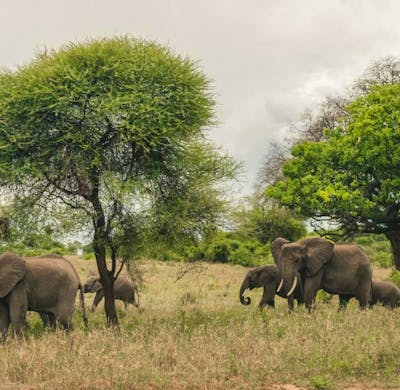As a Tanzania medical volunteer with PMGY, you will have a fantastic opportunity to gain first-hand experience and insight into Tanzanian health care. If you are thinking of a healthcare career, or you are studying a health-related subject at university, this program will offer you essential first-hand experience to assist in your career development. As a medical volunteer, you will learn from local staff. By supporting them, you will gain exposure that you are unlikely to obtain in your home country.
BACKGROUND TO THE MEDICAL PROGRAM
Like many African countries, Tanzania faces an acute shortage of healthcare workers. Low pay, poor working conditions and limited training programs contribute to the problem. The situation is further amplified by the rising burden of HIV/AIDS treatment. Unfortunately, health standards in Tanzania have declined so much that it trails most other developing nations.
The leading causes of death in Tanzania are malaria, HIV/AIDS, respiratory diseases and cardio-circulatory diseases. Many of these major causes of death and serious illness are difficult to avoid. The work of the healthcare system in Tanzania largely centres on treating immediate cases. However, it also extends to educating patients about preventative measures.
As a medical volunteer in Tanzania with PMGY, you will have a unique and exciting opportunity to experience health care in Tanzania firsthand. PMGY collaborate with a government hospital and community clinic within the Arusha and Meru district of the country. PMGY’s medical program offers a fantastic opportunity for individuals to gain volunteer experience to further their careers. The various departments across these settings offer a variety of exposures to participants looking to further their medical background and experience. Additionally, the program allows individuals to explore one of the most amazing countries in the world!
MEDICAL VOLUNTEER PLACEMENT EXAMPLES
Tengeru Hospital - We place volunteers overseas at a government hospital located in the town of Tengeru, a neighbouring town of Arusha. This tends to be the main placement for our medical volunteers. Having started originally as a women’s health centre, the hospital currently caters to all kinds of general health matters.
The hospital is a 24/7 facility, treating around 50-80 patients each day. The hospital has a strong maternity ward with an average of 500 newborns delivered each month. This makes a very good placement for midwifery students. There is also a recently opened Dental Ward, ideal for dentistry students who wish to promote dental hygiene education.
Often, we can place medical volunteers in Tanzania at the following departments: Dental, Diabetes Clinic, General Medical Consultation, Laboratory, HIV Awareness and Testing, Midwifery & Labour Ward, Newborn Care and Immunisations, Obstetrics and Gynaecology, Optical, Paediatrics, Pharmacy, Physiotherapy (part-time), Prenatal Care & Antenatal Care, Radiology Surgery (Minor and Major) & Tuberculosis Wing. Any preferences can be noted within your application, however, please note that these can never be guaranteed.
Volunteers will be working alongside qualified local staff during the time spent in each department. On your first day, you will receive a full introduction from the matron. The matron will discuss with you what departments you’re interested in and devise a work schedule for you. You can choose to spend your time within several different departments or focus on one or two. We typically recommend volunteers spend a minimum of one week within a department.
During your time, you will likely witness a range of cases you may never come across back home. This could include Typhoid and TB. There will also be the chance to learn about tropical diseases such as Malaria, Yellow Fever and Dengue. Working in a government hospital will come with its own set of challenges. You should be prepared to experience some strong emotions with the standards of the facilities and limited equipment available.
Things tend to be a lot more laid-back in Tanzania. This lack of urgency can be frustrating, as well as the impersonal way many of the Tanzanian medical staff treat their patients. Please, therefore, be prepared for some eye-opening experiences, which may be difficult to cope with at times. However, remember to throw yourself into the experience and challenge yourself to learn. Do this and you will have a really rewarding time, and assist in making a positive impact.
Levolosi Hospital - We place overseas volunteers at a government hospital located in the town of Arusha. This tends to be a secondary placement for our Tanzania medical volunteers. The hospital currently caters to all kinds of general health matters. The hospital is a 24/7 facility, treating around 50-80 patients each day. The hospital has a strong maternity ward with an average of 500 newborns delivered each month. This makes a very good placement for midwifery students.
Community Clinic - Another medical placement is a local community clinic. This centre offers affordable healthcare to some of the poorest people in Arusha and surrounding areas. It is the first full-service charity clinic in Arusha. The clinic sees up to 3,000 patients per month, although it is relatively small in size. At the clinic, patients can see a doctor. Following the consultation, if needed, patients can receive any necessary blood work or prescription treatments for a very nominal fee.
The clinic has the following departments: General Medical Consultation, Minor Surgeries (largely fractures), Laboratory, Pharmacy, X-ray, Ultrasound. Volunteer in Tanzania participants will have the chance to work in multiple departments. The head doctor and his team will mentor you throughout your time at the clinic. They will go out of their way to get you involved in as much as you can.
In the small surgery room, there may be opportunities to learn and assist with procedures. This could include circumcision, abscess/cyst/growth removal and drainage and stitching. Within the pharmacy, you will learn about the different medications prescribed - mainly antibiotics, anti-worm, or antimalarial treatments. This placement is open to people of all medical backgrounds, including school leavers and university students. You will get to witness a range of cases, largely malaria and typhoid. Other frequent cases tend to be in the area of obstetrics, basic dentistry and the urinary system.
STUDENT ELECTIVE OPPORTUNITIES
We are able to provide specialist elective placements for students in Tanzania. Students looking to enjoy a unique overseas elective experience can do so with PMGY. Learn directly from health professionals in medical settings like no other. As a Tanzania medical volunteer, you can specify during the online application process which clinical elective you wish to undertake. More specifically, highlight your elective experience in the 'Special Requirements' section of the online application. The PMGY Tanzania team will then have everything planned and in place for your elective in Tanzania.
Medical - During your time on a medical elective in Tanzania, you will be based at a government hospital in Arusha. You will shadow doctors and nurses on their daily rounds at the hospital. They will teach you about Tanzania's prevalent diseases such as Malaria and Typhoid. Learn about their diagnoses, management and treatment. Outside of the hospital, complete health checks in rural villages in medical outreach work. Raise awareness of key healthcare issues in Tanzania through supporting health education campaigns.
Midwifery - Use your international midwifery experience in Tanzania to observe qualified midwives as they consult with patients in the maternity ward. This will give you the chance to see the different conditions of pregnant women in Tanzania face. Witness childbirth in the delivery room and assess the differences in care. Be prepared for a lack of maternity support during labour and limited prenatal care beforehand. Your midwifery elective placement in Tanzania will be the most eye-opening experience you can wish for.
Nursing - Travel to Africa and experience a nursing elective like no other! Shadow nurses in a government hospital and observe their daily routines. You will experience the important role nurses play in Tanzania hospitals as they care for patients, monitor them and give medication. Rotate across the departments to witness different illnesses, injuries and practices. Assist nurses with basic healthcare checks in community outreach work. Clean wounds, check for tropical diseases and conduct blood pressure and blood sugar tests.
OTHER THINGS TO CONSIDER AS A MEDICAL VOLUNTEER IN TANZANIA
Return Airport Transfer - Your return airport transfer is not included in your Program Fee. Our local team can help arrange onward transfers to the airport or an alternative destination from the volunteer accommodation. Making specific arrangements once in Tanzania provides more flexibility as plans can often change and participants may be on similar flight plans. The costs depend on your method of transport and your final destination. This can often be split across multiple participants if you are travelling with someone else on the program. It is strongly advised not to travel by public transport or tuk-tuk back to the airport. Whilst this may be cheaper, it is far less convenient and comes with additional safety risks.
Hands-On Involvement - Your level of involvement at the medical volunteer projects is dictated by a range of factors. First of all your medical experience, but also the duration of program and willingness to get involved. The medical staff are accountable for you whilst you’re under their supervision. Ultimately, it is completely up to them if you are permitted and want to get involved in hands-on procedures.
Previous PMGY medical volunteer in Tanzania participants have been given the chance to administer IV injections, dress wounds etc. However, please note we can never guarantee or promote hands-on involvement regardless of medical experience or background.
Generally speaking those with little or no medical experience assume a largely observational role. If you are studying a medically related degree, then you should have more opportunity to undertake some more basic hands-on involvement. However, to reiterate we can never guarantee or endorse hands-on experience should you choose to get hands-on. Such a decision ultimately lies with the medical staff.
Hospital Experience - Please be aware that healthcare students who provide proof of study may have additional learning opportunities. During your medical placement, it’s essential to recognise that cultural norms around bedside manners and expressions of grief may differ from what you are used to. Since this is a fully operational hospital, you may encounter challenging situations. Medical staff are accustomed to this environment and may not always offer emotional support, so if you feel uncomfortable, you are encouraged to step away and communicate openly with our local team about any difficulties. Additionally, please remember that Tanzanian customs around grief and mourning differ from Western traditions, which is an essential consideration for your experience.
Trained Professionals - Please note this program is not suitable for trained professionals who are looking to practise overseas. This opportunity is only suitable for students or people looking to go into the medical or nursing field and wish to learn about a healthcare system overseas.
Advice for 17 Year Olds - While our medical program in Tanzania is available for participants from the age of 17 we feel it is important to highlight that younger participants need to be very confident, pro-active and can use their own initiative. This particular program involves working in a large government hospital setting and it could potentially be an overwhelming experience for some people. If you are looking for a more structured experience involving more mentorship and guidance from local staff at the project then we would recommend considering our medical opportunities in India and Sri Lanka instead.
Multiple Projects - Please note you can only be placed at one medical facility during your time with us. In some circumstances, it may be possible to combine medical facilities across your time. However, note that this will incur an additional 150 USD local payment. This is a medical donation to the new facility you are transferring over to.
Yellow Fever - Recently, the Tanzania Embassy has changed legal requirements for the Yellow Fever Vaccination. The government now states that this must only legally be obtained by:
• Individuals who are travelling from a country with a risk of Yellow Fever transmission
• Individuals who are transiting through one of these at-risk countries for 12 hours or more
However, some participants outside of these parameters have still been asked to show evidence of the vaccination upon arrival in Tanzania. You may, therefore, wish to still obtain this vaccination to avoid any confusion or difficulties upon arrival into the country. To obtain this vaccination, you must ensure you allow yourself plenty of time to arrange this before you go.
There has been a lot of debate on this issue. However, from the PMGY team’s experience, we have always been asked to show proof of our Yellow Fever Vaccination. We therefore strongly advise all our volunteers to do so as well to avoid any complications on arrival.
Weekends - Your project work in Tanzania runs from Monday-Friday and weekends are free. You are welcome to relax and hang out at the volunteer accommodation but most participants will use this time to travel and explore the country. As a result, you can check out our Tanzania Weekend Travel Guide for top tips on how to spend your weekend.
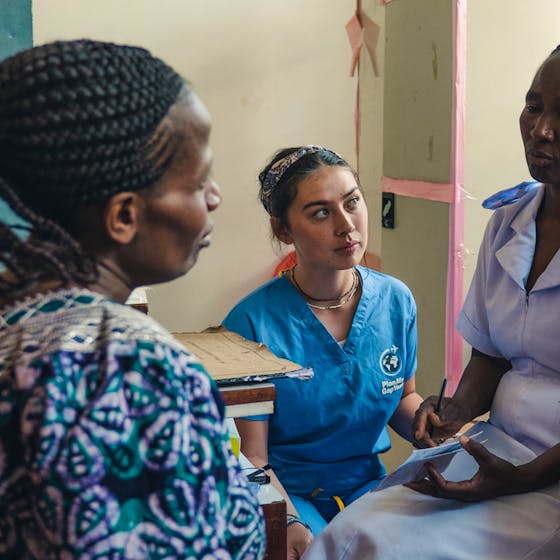
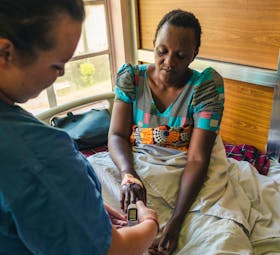
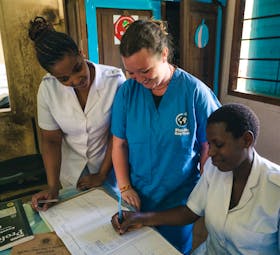
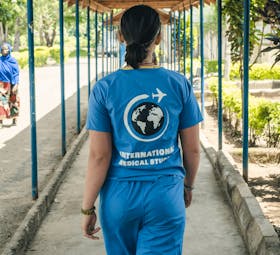
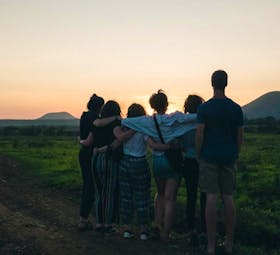

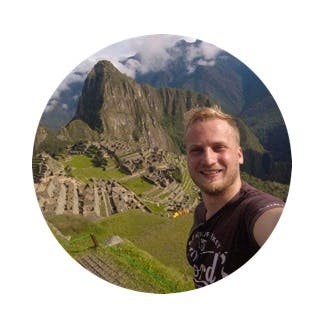
 4.9
4.9

